Oral Surgery focuses on the diagnosis and surgical treatment of diseases, injuries, and defects of both the hard and soft tissues of the mouth and teeth.
Oral Surgery Services Offered At Ness Family Dentistry
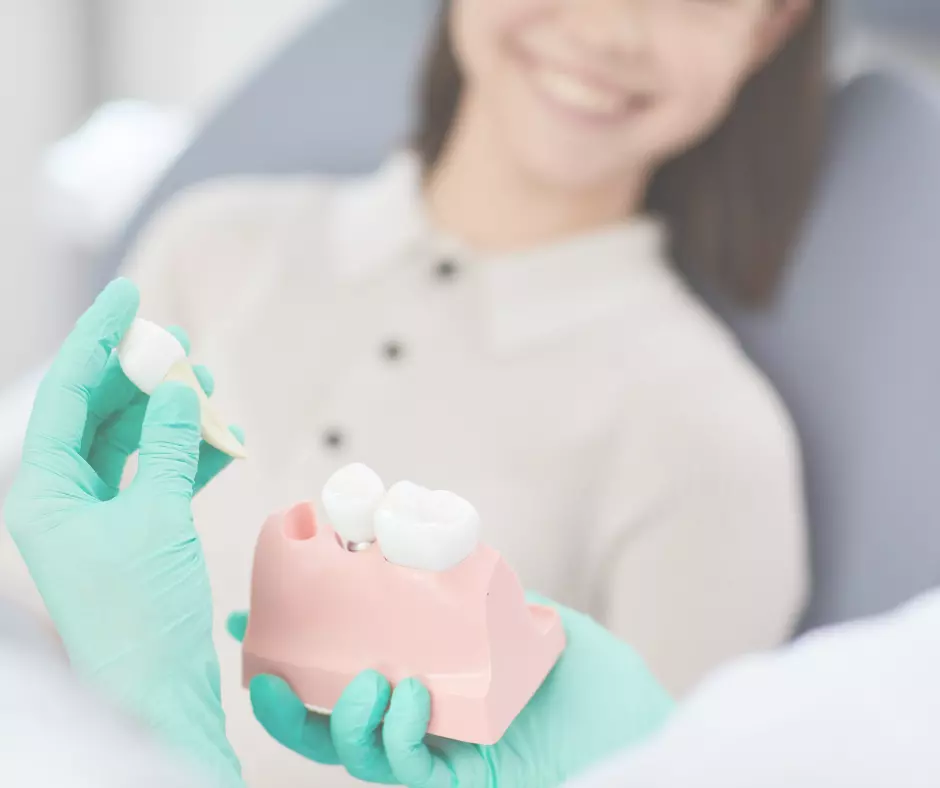
Extractions
There are times when it is necessary to remove a tooth. When it is determined that a tooth needs to be removed, Dr. Ness may recommend replacing it with a dental bridge or implant.
When is a tooth extraction recommended?
Impaction
Tooth decay
Periodontal and gum disease
Trauma
Tooth overcrowding
Ortodontic correction
What is a tooth extraction?
A tooth extraction is a dental procedure in which your tooth is completely removed from its socket. This procedure is often times referred to this as “pulling” a tooth.
While this procedure is typically very quick, it is important to share any concerns or sedation preferences with our team.
Once a tooth has been removed, the neighboring teeth may shift over time which can cause dental complications.
Benefits of replacing missing teeth:
- Prevent Bone Loss
- Maintain an Even Bite
- Retain Function
- Improve Visual Appearance
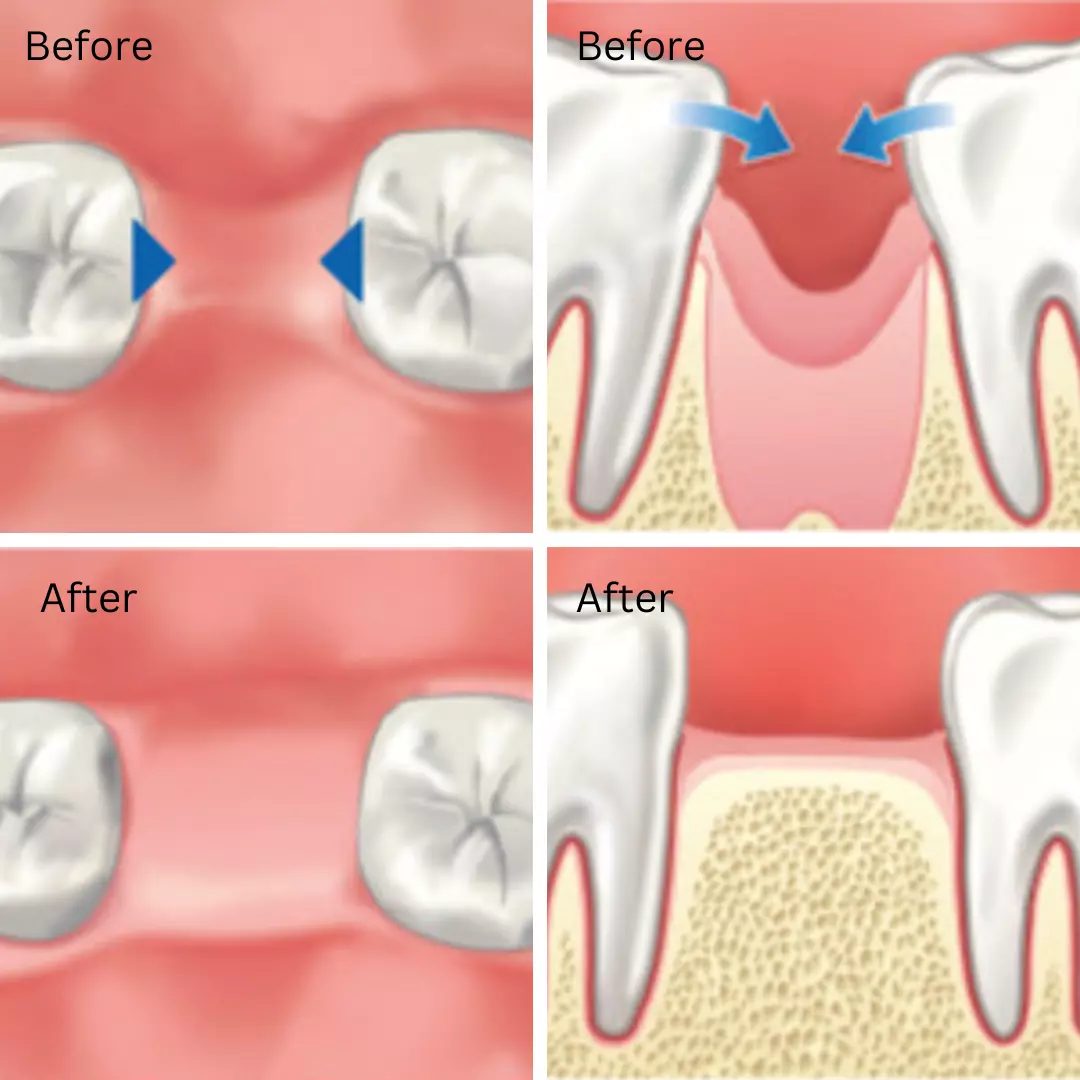
Bone Graft
A dental bone graft is a procedure performed to increase the amount of bone in a part of the jaw where bone has been lost or where additional support is needed.
Bone may be taken from elsewhere in the body and surgically fused to existing bone in the jaw. Sometimes, synthetic bone material is used.
A dental bone graft is sometimes needed if further procedures, such as dental implants, are necessary or if bone loss is affecting the health of nearby gums and teeth.

Oral Conscious Sedation
Oral conscious sedation is the use of oral medication in combination with nitrous oxide to achieve an appropriate level of relaxation so that you can calmly receive the dental care you need. Most states require board-certification, which involves additional training in dosage, monitoring and safety. The entire process is simple and comfortable.
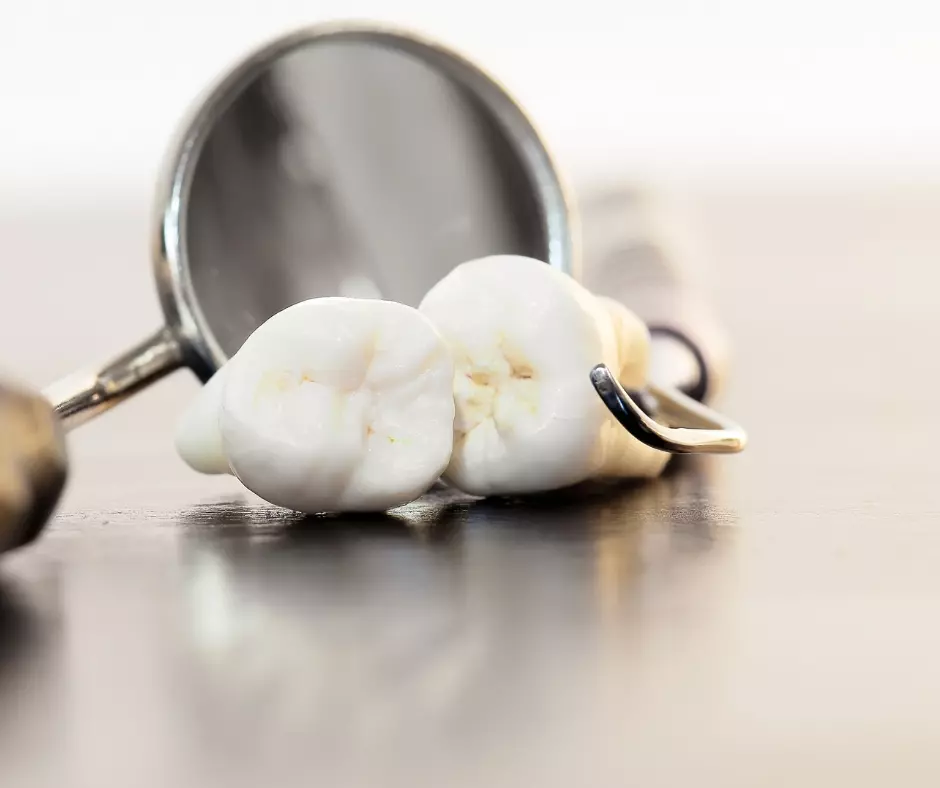
Wisdom Tooth Removal
Wisdom tooth extraction or removal is a surgical procedure to remove one or more wisdom teeth. If a wisdom tooth doesn’t have room to grow, it can become impacted, resulting in pain, infection, or other dental complications. Depending on case by case, Dr. Ness may recommend wisdom tooth extraction even if impacted teeth aren’t currently causing problems.
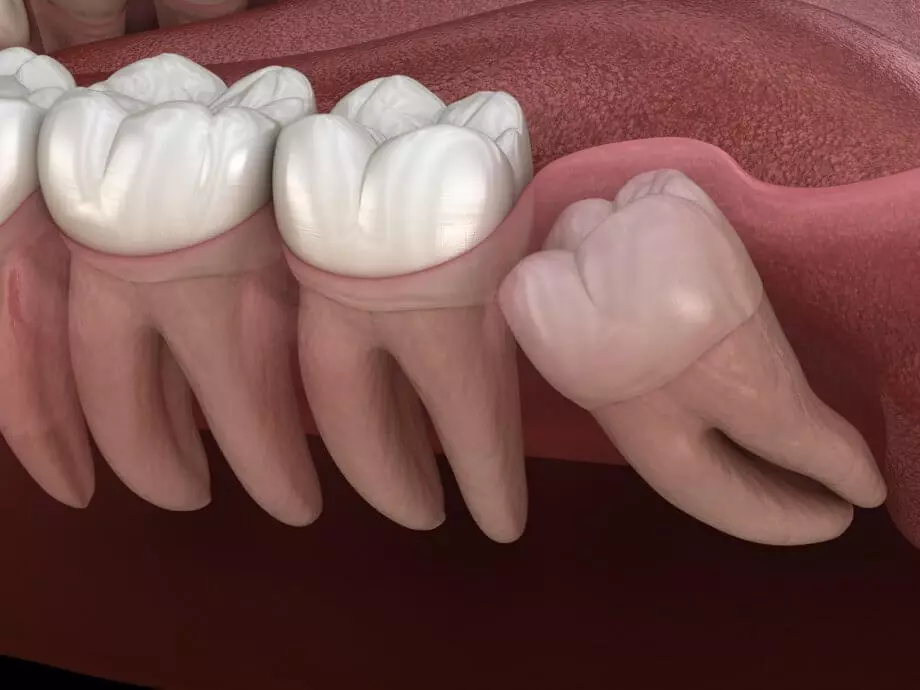
Impacted Tooth Removal
Impacted wisdom teeth can be removed at an oral surgeon’s office. The surgeon will numb your mouth to avoid discomfort during the procedure, and will then make a simple incision to remove one or all of your impacted wisdom teeth.
Once the impacted wisdom teeth are extracted, stitches will be used to close the incision and allow the gums to heal. You may experience bleeding for a few days following the procedure. It’s very important to follow your dental professional’s instructions for post-surgical care after having your impacted wisdom teeth removed.
Once your mouth is completely healed and your dental professional has conducted your post-surgical appointment, you should return to your normal oral hygiene routine to keep your teeth and mouth healthy. It’s best to maintain a diligent oral hygiene routine using a variety of products designed to improve your oral health
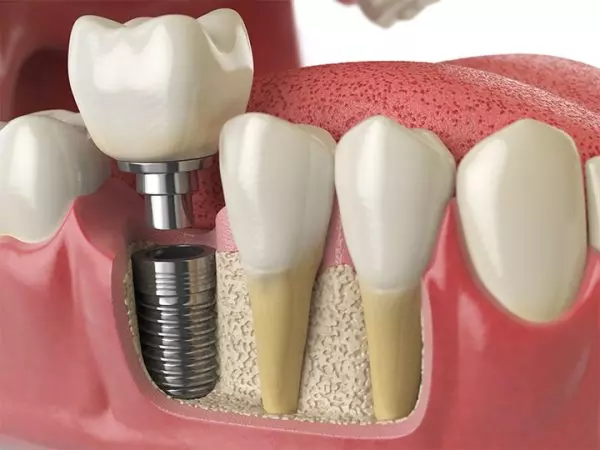
Implant Placement
If you are missing teeth, it is crucial to replace them. Without all your teeth, chewing and eating can destabilize your bite and cause you discomfort. When teeth are missing, your mouth can shift and even cause your face to look older. Implants are a great way to replace your missing teeth, and if properly maintained, can last a lifetime!
An implant is a new tooth made of metal and porcelain that looks just like your natural tooth. It’s composed of two main parts: one part is the titanium implant body that takes the place of the missing root, and the second part is the tooth-colored crown that is cemented on top of the implant. With implant treatment, you can smile confidently knowing no one will ever suspect you have a replacement tooth.
In addition to tooth replacement, implants may be used to anchor dentures, especially lower dentures that tend to shift when you talk or chew. For patients with removable partial dentures, implants can replace missing teeth so you have a more natural-looking smile.
